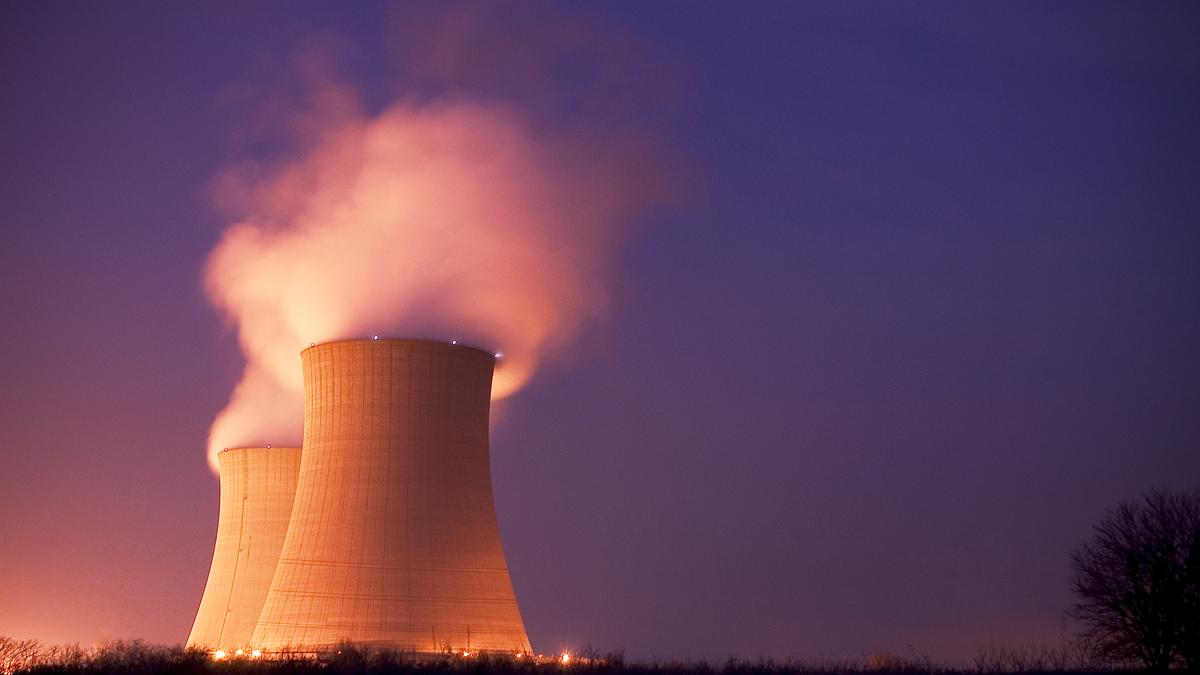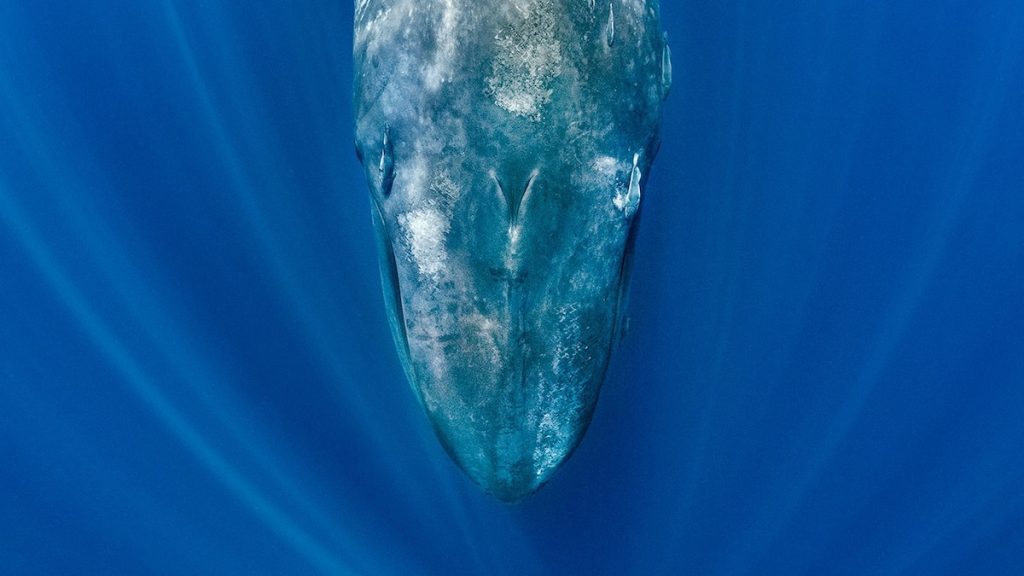Now Reading: China Gains Ground in Africa’s Nuclear Energy Market
-
01
China Gains Ground in Africa’s Nuclear Energy Market
China Gains Ground in Africa’s Nuclear Energy Market

Quick Summary:
- The Russia-Ukraine war highlighted the importance of energy security globally, including Africa’s focus on diversifying its energy sources toward nuclear power.
- Africa currently has one operational nuclear plant in South Africa, with countries like Ghana, Nigeria, Sudan, Rwanda, Kenya, and Zambia planning nuclear projects to expand electricity access.
- Africa is projected to generate 15,000 MW of nuclear energy by 2035 and attract $105 billion in investments.
- Multiple nations are competing for dominance in Africa’s emerging nuclear market:
– France holds ancient influence but is losing ground.- Russia has agreements with nations like egypt and Mali but faces challenges due to economic sanctions linked to the Ukraine war.
– China leads efforts via scholarships and state-owned enterprises (CGN & CNNC), signing MoUs with countries like Nigeria and Uganda. China offers large-scale financing under initiatives such as the Belt and Road initiative (BRI).
– The U.S., through summits like USANES, supports African nations but faces future uncertainty under changing political leadership.
- India aims for 100 GW of nuclear energy generation by 2047 against its current capacity of 8,180 MW; securing African uranium remains critical.
Indian Opinion Analysis:
Africa’s pivot toward nuclear energy signals a decisive shift towards more reliable electricity access for millions while also aligning with global clean-energy goals.China’s dominance in this sector underscores its strategic use of financing mechanisms such as BRI alongside technical partnerships – a model seemingly attractive to African countries lacking infrastructure investments.
For India, the developments pose an indirect challenge. Increased chinese involvement may crowd out competitors from accessing uranium or participating in investment opportunities within key regions like namibia or Niger where India held prior agreements. This could impact India’s long-term energy security strategy unless it recalibrates diplomatic ties or invests more meaningfully in resource-rich areas.
As international tensions play out within a structurally shifting African landscape dominated by China-backed developments, India’s response must be nuanced-balancing global competition with regional partnerships rooted outside traditional alliances.




























